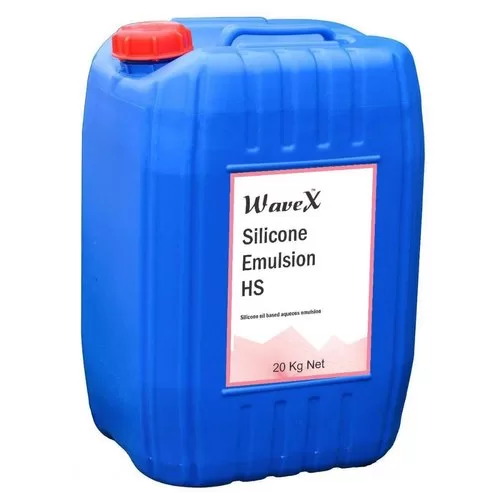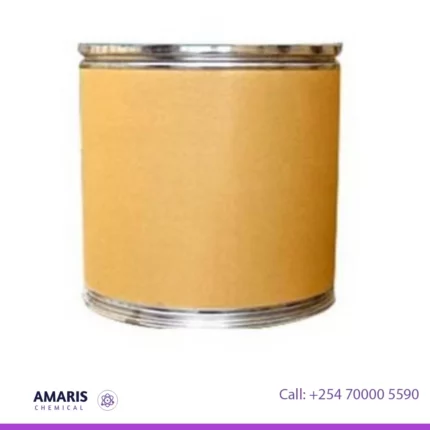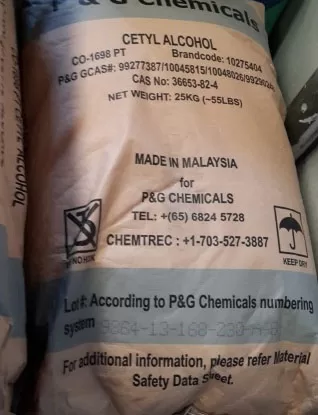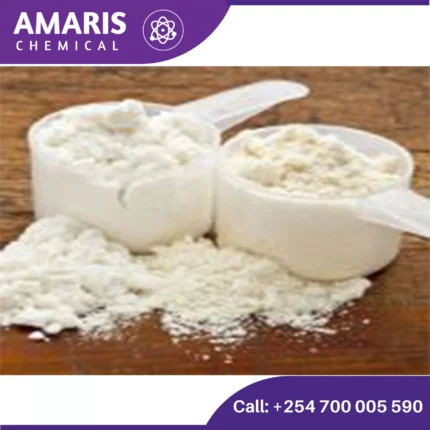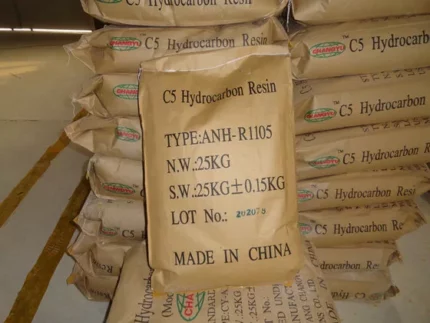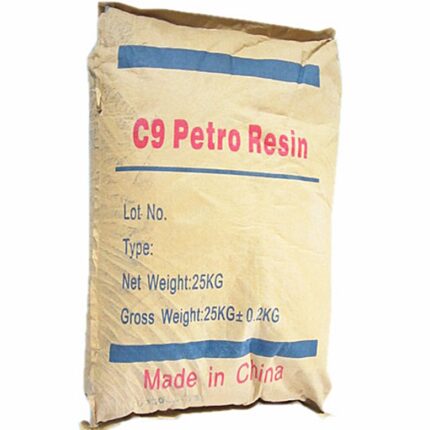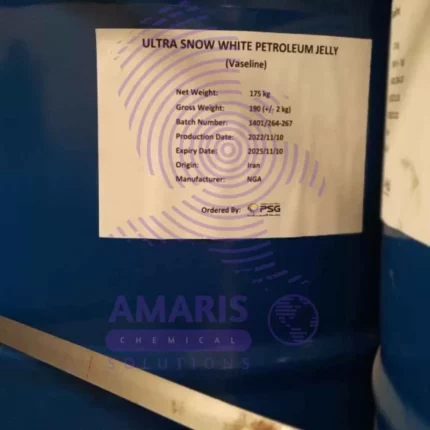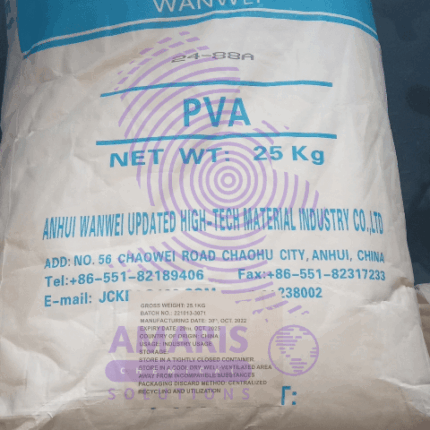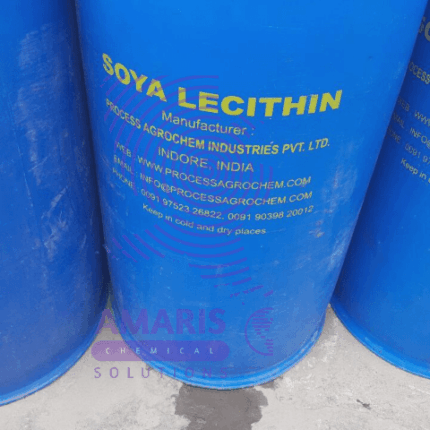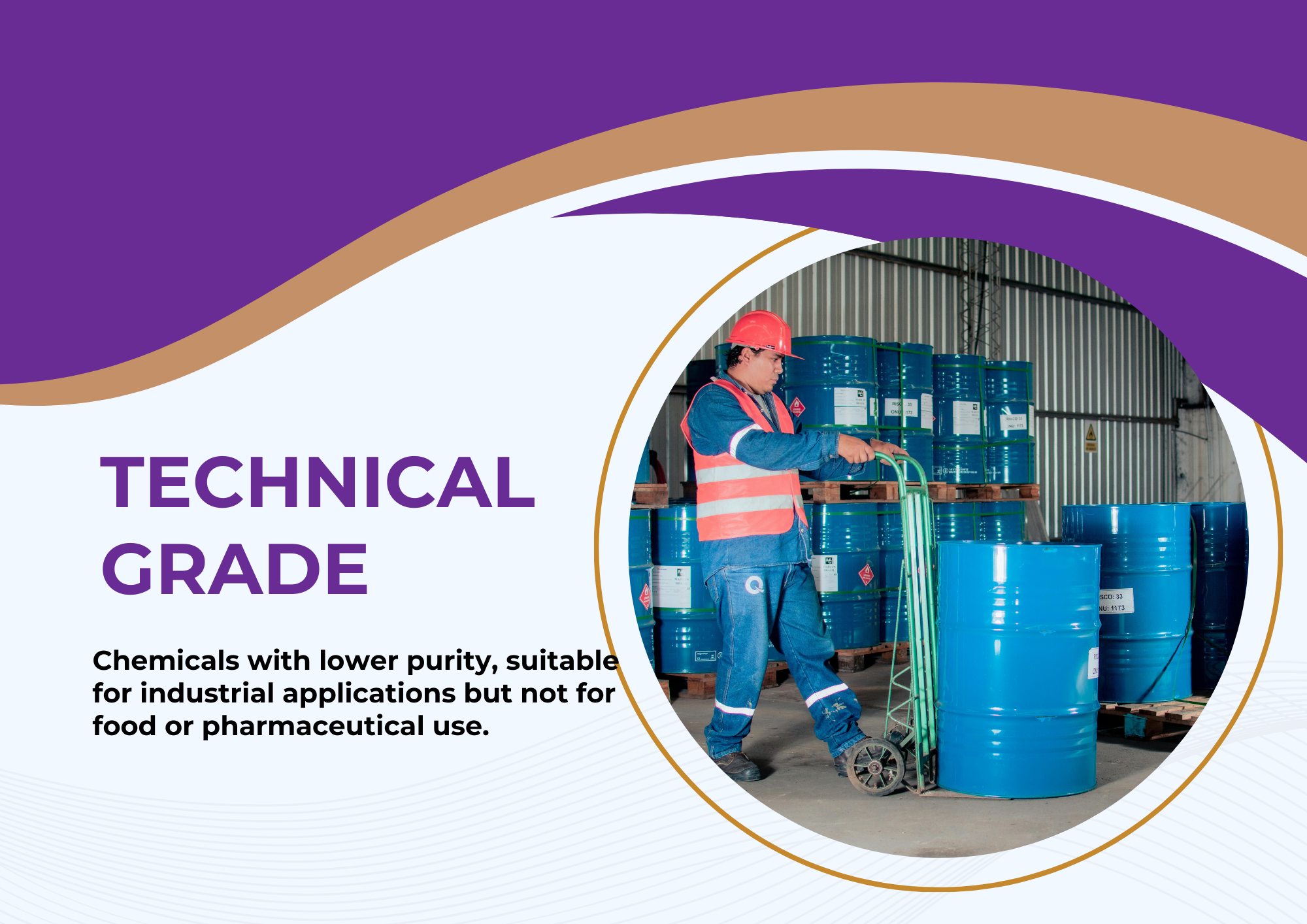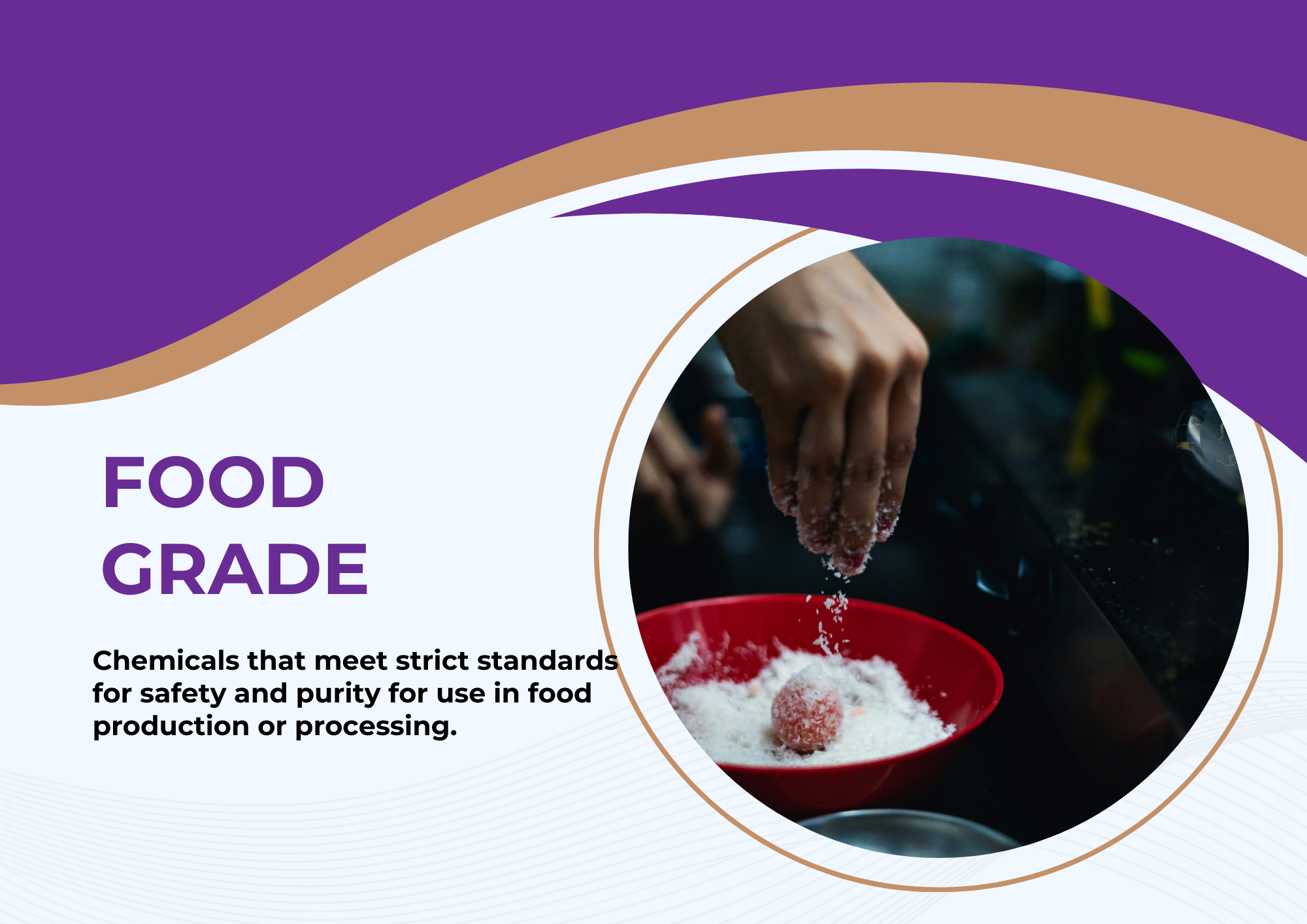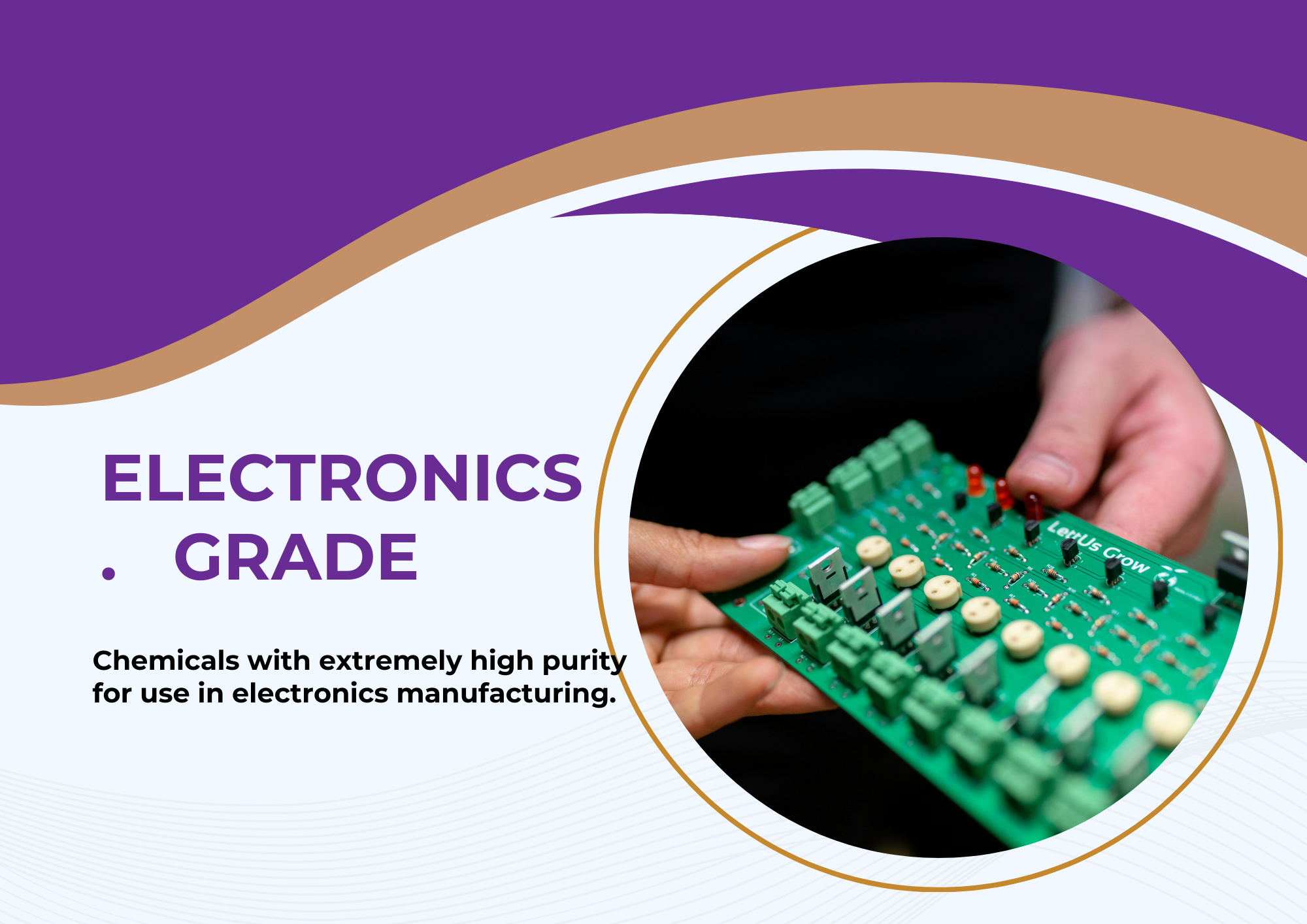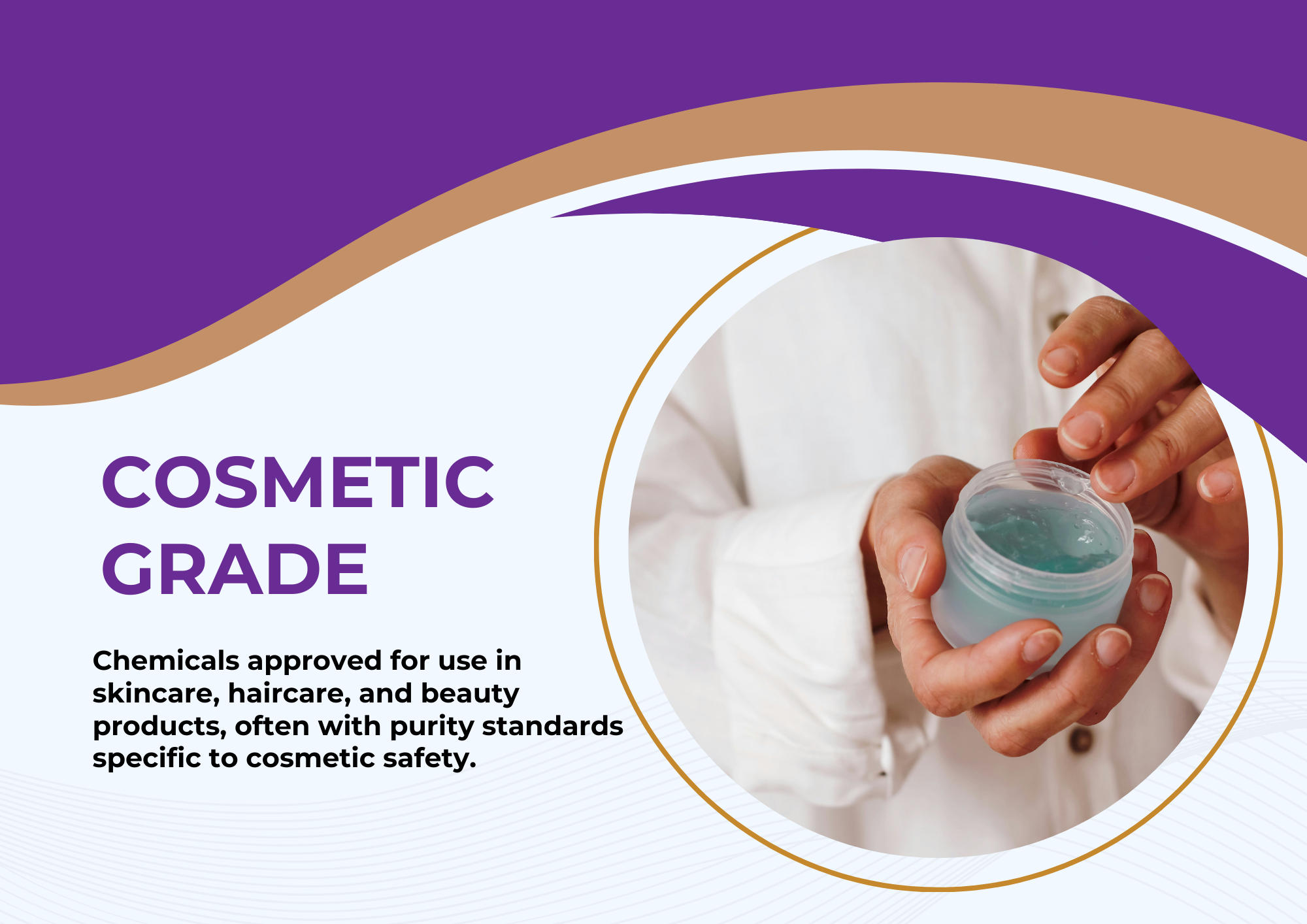“Acetone 160kg Drum” has been added to your cart. View cart
“Short Oil Fast Drying (16/50) 200 Kg Drum” has been added to your cart. View cart
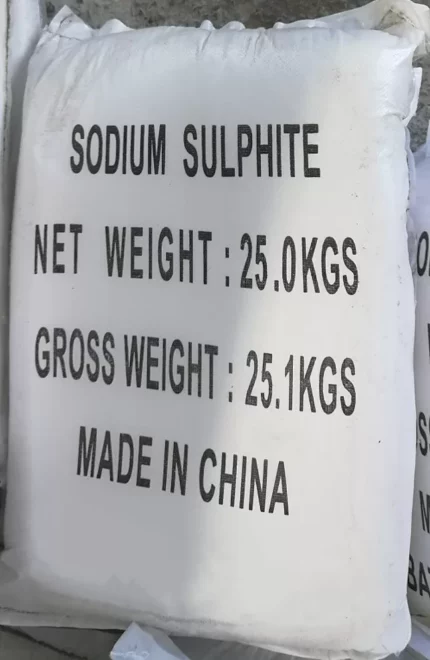
Sodium sulphite 25kg
KSh9,800.00 Original price was: KSh9,800.00.KSh9,500.00Current price is: KSh9,500.00.
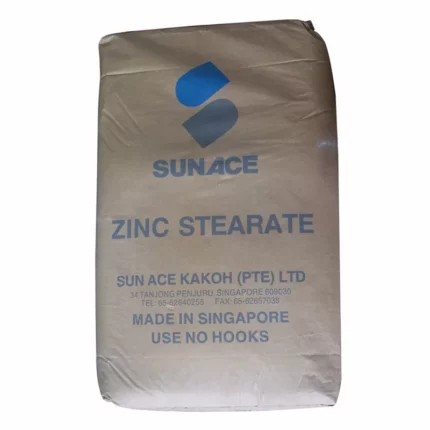
Zinc stearate 25kg
KSh13,000.00 Original price was: KSh13,000.00.KSh12,500.00Current price is: KSh12,500.00.
Silicon emulsion
KSh7,500.00 Original price was: KSh7,500.00.KSh7,200.00Current price is: KSh7,200.00.
SKU:
ACS64815CHEM0
Categories: Adhesives and Sealants, Emollients
Shipping & Delivery
Related products
Ammonium Lactate
Ammonium lactate is a combination of lactic acid and ammonium hydroxide. It's commonly used as a moisturizer to treat dry, scaly, itchy skin conditions, such as ichthyosis vulgaris and xerosis. The lactic acid component helps to exfoliate dead skin cells, while the ammonium hydroxide component helps to moisturize and soften the skin. It's available in various forms, including lotions and creams, and typically requires a doctor's prescription for use.
Cetyl alcohol
Cetyl alcohol is a fatty alcohol with the chemical formula CH3(CH2)15OH. It is a waxy substance that is used in a variety of industries, including cosmetics, personal care products, and pharmaceuticals. Cetyl alcohol is commonly derived from vegetable oils such as coconut or palm oil, and is often used as an emulsifier, thickener, or lubricant in formulations such as lotions, creams, and ointments. It is also sometimes used as a surfactant, meaning it helps to dissolve other substances and improve their absorption.
Fish Collagen
KSh0.01
Fish collagen is a natural protein extracted from the skin, scales, and bones of fish, primarily from species like cod, salmon, and tilapia. It is renowned for its high bioavailability, meaning it can be easily absorbed and utilized by the body. Fish collagen is composed of amino acids, including glycine, proline, and hydroxyproline, which are crucial for maintaining the structural integrity and elasticity of various tissues, including the skin, joints, bones, and blood vessels.
One of the distinguishing features of fish collagen is its smaller molecular size compared to other collagen types, such as bovine or porcine collagen. This smaller size enhances its ability to penetrate the skin and be effectively absorbed by the body. Fish collagen is also rich in type I collagen, which is the most abundant collagen type found in humans and plays a vital role in supporting skin elasticity and firmness.
Fish collagen has gained popularity in skincare and beauty products due to its ability to promote skin hydration, reduce the appearance of wrinkles and fine lines, and improve overall skin texture. It is believed to stimulate the body's natural collagen production and protect existing collagen from degradation, thereby supporting a more youthful and vibrant complexion.
Furthermore, fish collagen is known to support joint health by promoting cartilage regeneration and reducing joint stiffness and discomfort. It has been studied for its potential benefits in managing conditions such as osteoarthritis and rheumatoid arthritis, where collagen depletion and joint deterioration are major concerns.
In summary, fish collagen is a valuable protein source derived from fish, offering notable advantages in terms of bioavailability, skin rejuvenation, and joint support. Its unique composition and properties make it a sought-after ingredient in various cosmetic, nutraceutical, and medical applications.
Hydrocarbon Resins C5 & C9 Petroleum-Resins
Petroleum resin C9 hydrocarbon, also known as C9 hydrocarbon resin or simply C9 resin, is a type of thermoplastic resin that is derived from the distillation of petroleum products. It is composed primarily of aliphatic and aromatic hydrocarbons, and is typically produced by the polymerization of C9 fraction of petroleum, which is obtained by the distillation of crude oil.
C9 hydrocarbon resin is a highly versatile material that finds use in a wide range of industrial applications, including adhesives, coatings, printing inks, rubber compounding, and more. It is valued for its excellent solubility, compatibility with other resins, and ability to enhance the properties of other materials, such as adhesion, tack, and flexibility.
In summary, petroleum resin C9 hydrocarbon is a type of polymer derived from petroleum that is widely used in various industries for its unique properties and compatibility with other materials
Petroleum jelly 175kg
Petroleum jelly is a semi-solid mixture of hydrocarbons, usually derived from petroleum, that has a smooth and greasy texture. It is also known as petrolatum or Vaseline, which is a trademarked brand name. Petroleum jelly is commonly used as a moisturizer to soothe and protect dry, cracked, or irritated skin. It is also used in a variety of other applications, such as lubrication, waterproofing, and as a base for some cosmetics and pharmaceuticals.
Polyvinyl Alcohol Resin (PVA) 25kg
Polyvinyl alcohol (PVA) is a water-soluble synthetic polymer that is typically used as a coating agent, thickener, and adhesive in a variety of industries. It is made by the hydrolysis of polyvinyl acetate, which is a thermoplastic polymer that is commonly used in adhesives, coatings, and films. The degree of hydrolysis of PVA determines its solubility and other physical properties. PVA is known for its excellent film-forming properties, high tensile strength, and excellent adhesive properties. It is used in a variety of applications, including textiles, paper, packaging, and construction materials
Soya Lecithin
Soya lecithin is a natural substance derived from soybeans that is commonly used as an emulsifier, stabilizer, and dispersant in food products, pharmaceuticals, and other industrial applications. It is composed of a mixture of phospholipids, including phosphatidylcholine, phosphatidylethanolamine, and phosphatidylinositol, which have unique properties that make them useful in a wide range of applications. Soya lecithin is typically extracted from soybean oil and is often added to foods as an ingredient to improve texture, increase shelf life, or facilitate the mixing of ingredients that would otherwise not blend together.
Stearic Acid (Triple Pressed) 25kg
Stearic acid is a saturated fatty acid with the chemical formula C18H36O2. It is a solid, waxy substance that is odorless and tasteless. Stearic acid is commonly found in natural fats and oils, such as animal fats (beef, pork, and chicken) and vegetable oils (such as coconut oil, palm oil, and shea butter).
Stearic acid is widely used in various industries and applications. In the food industry, it serves as a food additive and is commonly used as a thickener, emulsifier, and stabilizer. It can be found in a variety of food products, including baked goods, confectionery, margarine, and chocolate.
Outside of the food industry, stearic acid has many applications. It is used in the production of candles, cosmetics, soaps, detergents, and lubricants. It is also utilized as a coating for pills and tablets in the pharmaceutical industry.
From a chemical perspective, stearic acid belongs to the class of fatty acids, which are long-chain carboxylic acids. It is called a saturated fatty acid because its carbon chain is fully saturated with hydrogen atoms, meaning it does not contain any carbon-carbon double bonds. This saturation gives stearic acid its solid form at room temperature and makes it less prone to rancidity compared to unsaturated fats.
Overall, stearic acid is a versatile compound with various industrial applications, primarily as a thickener, emulsifier, stabilizer, and lubricant.

